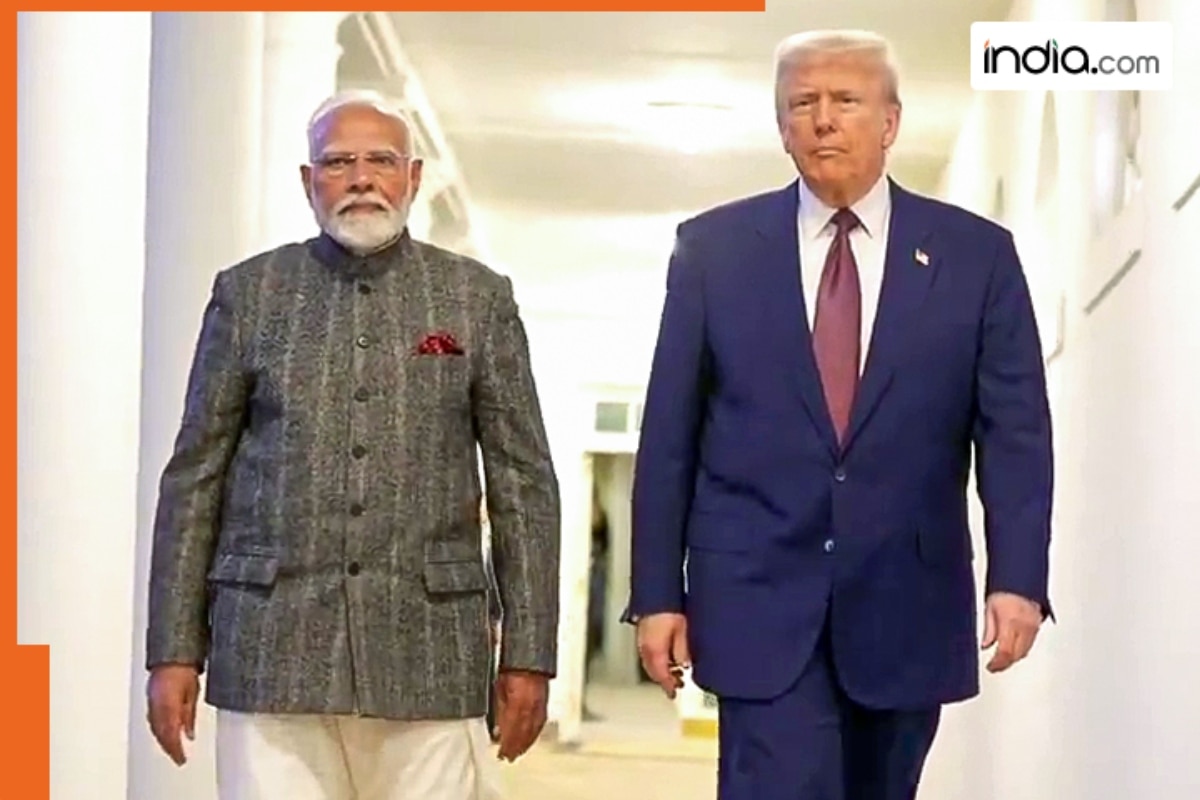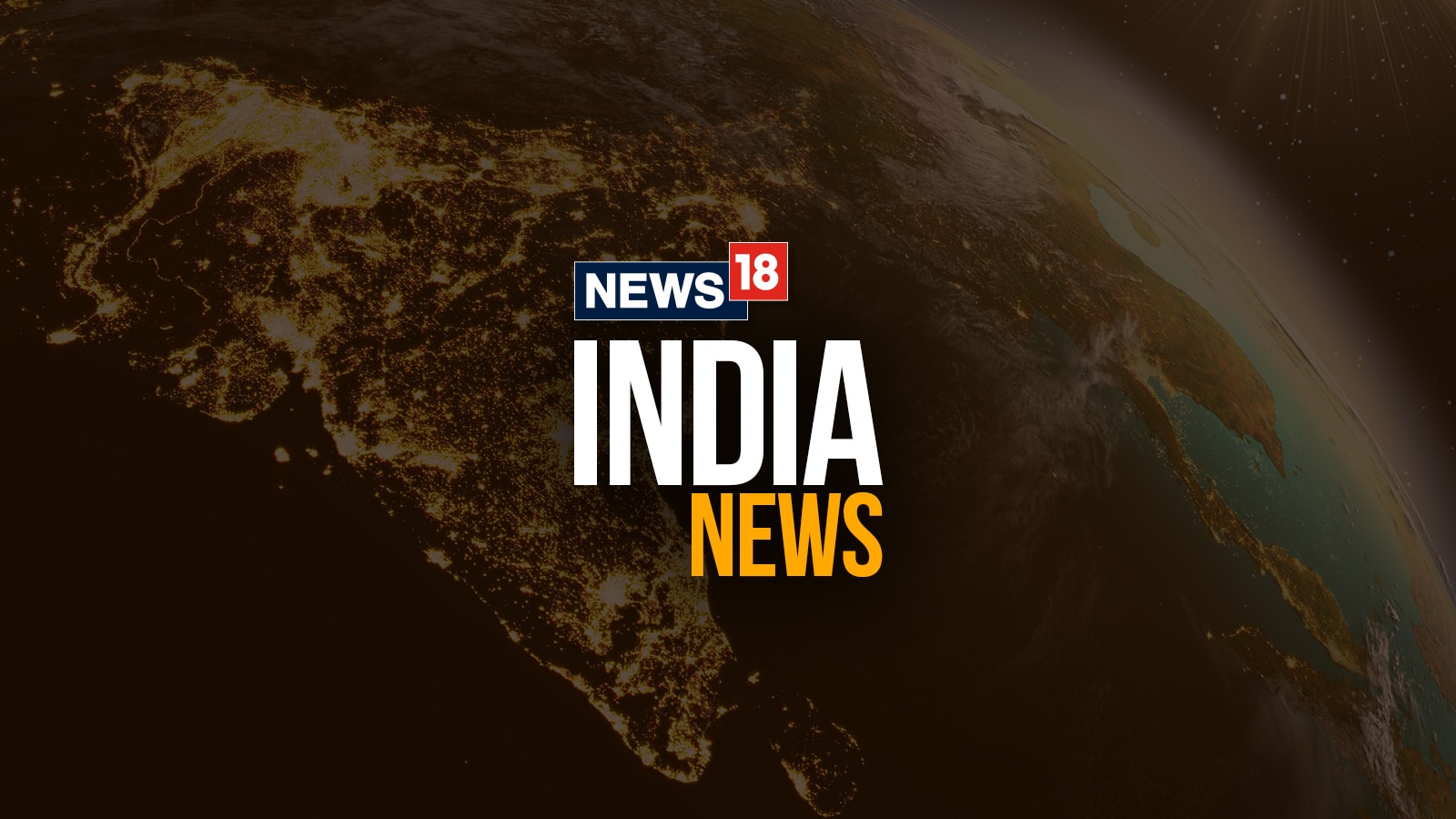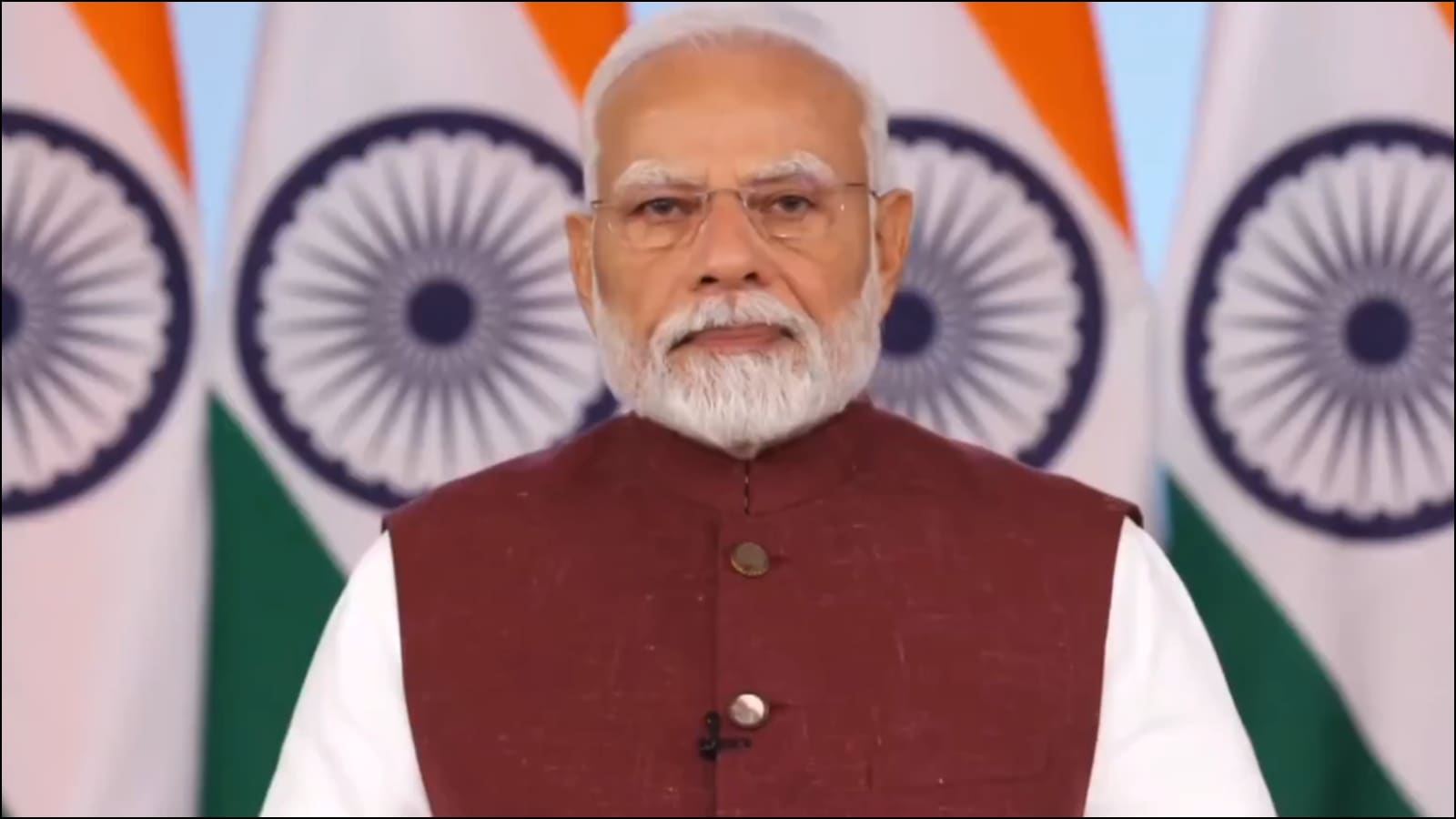Centre's Selection Criteria Under Scrutiny as Female Officers Challenge Gender Disparity
If a woman can fly Rafale fighter jet in the Indian Air Force, then why are fewer women officers in gender neutral posts of Judge Advocate General (legal) branch of the Army, the Supreme Court wondered recently and questioned the Centre's rationale on a 50-50 selection criterion. A Bench of Justices Dipankar Datta and Manmohan on May 8 reserved its verdict on the plea of two officers Arshnoor Kaur and Astha Tyagi, who despite securing 4th and 5th ranks respectively - higher in merit than their male counterparts - weren't selected for the JAG department due to fewer vacancies earmarked for women. The officers challenged the disproportionate vacancies for men and women and said they could not be selected as there were only three vacancies for women out of the total six posts.
"Prima facie, we are satisfied with the case set up by the petitioner Arshnoor Kaur," the Bench noted while reserving its verdict. The top court went on, "Accordingly, we direct the respondents to initiate whatever action is required for the purpose of her induction in the next available training course for appointment as Judge Advocate General (JAG)". The Bench referred to a newspaper article that a woman fighter pilot would be flying Rafale aircraft and said in such a scenario she could be taken as a prisoner of war.
The top court then questioned the Centre for earmarking fewer posts for women despite claiming the posts to be gender neutral. Bhati submitted the induction and employment of women officers in the Army including JAG branch was a progressive process keeping in view its operational preparedness. "To say the policy of intake of men and women officers from 2012 to 2023 in the ratio of 70:30 (or now being 50:50) as discriminatory and volatile of fundamental rights would not only be incorrect but will also transgress into domain of executive which is the only competent and sole authority for deciding the intake of men and women officers in Indian Army," she said.
The top court further asked why the posts were termed gender-neutral when women candidates with higher merit were not qualified owing to the vacancies still being bifurcated on gender. Justice Manmohan observed if 10 women qualified for JAG on the basis of merit whether all of them would be appointed as officers JAG branch. Bhati defended the Centre's decision and said the gender-specific vacancies were present in all branches of the Army based on the manpower assessment and requirement.
Bhati called the aspect of gender integration in the defence services an evolving process, calibrated to the operational needs and subject to periodic review and studies. "The intake policies have evolved progressively from a 70:30 ratio to 50:50 from 2024. This is aligned with cadre health and deployment restrictions, which is not arbitrary. Any judicial imposition of parity or neutrality without factoring operational imperatives is likely to undermine both command and control and operational preparedness of the Army," she said.




